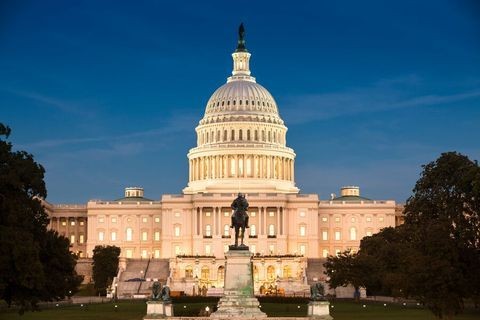Environmental Justice
Overview
Crowell & Moring’s Environmental Justice Working Group brings together a diverse group of lawyers with years of environmental and environmental justice experience, encompassing both our extensive client representation and prior service in agencies including the Department of Justice, Environment and Natural Resource Division. Members of our working group have worked directly in assessing environmental regulations and their potential impacts, and directly implemented Environmental Justice Executive Orders.
Contacts
Insights
Client Alert | 6 min read | 07.10.25
Supplemental Environmental Projects (SEPs) are voluntary, environmental or public health projects that parties subject to environmental enforcement proceedings can propose as part of an administrative, civil, or criminal settlement. SEPs are unique and used specifically in environmental enforcement cases in part because (1) many environmental law statutes do not require a showing of harm to prove a violation; thus, redressing harm, outside of equitable relief, is not usually statutorily required; and (2) pollution is a public harm that is hard to redress, both individually and collectively.
Firm News | 11 min read | 06.05.25
Client Alert | 4 min read | 05.28.25
Federal Environmental Justice Compliance: The 180-Degree Change
Speaking Engagement | 09.20.24
Insights
50 Years On, It's Time to Do Some Serious Thinking About the Clean Air Act
|01.01.22
EM Plus Magazine, Air & Waste Management Association
Biden’s Environmental Justice Push and Its Impact on Retailers’ ESG Considerations
|05.26.21
Crowell & Moring’s Retail & Consumer Products Law Observer
Insights
Client Alert | 6 min read | 07.10.25
Supplemental Environmental Projects (SEPs) are voluntary, environmental or public health projects that parties subject to environmental enforcement proceedings can propose as part of an administrative, civil, or criminal settlement. SEPs are unique and used specifically in environmental enforcement cases in part because (1) many environmental law statutes do not require a showing of harm to prove a violation; thus, redressing harm, outside of equitable relief, is not usually statutorily required; and (2) pollution is a public harm that is hard to redress, both individually and collectively.
Firm News | 11 min read | 06.05.25
Client Alert | 4 min read | 05.28.25
Federal Environmental Justice Compliance: The 180-Degree Change
Speaking Engagement | 09.20.24













